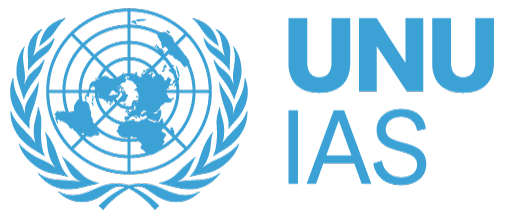Panel discussion
ModeratorMIWA Koji, Policy researcher, Biodiversity & Forests, IGES
Panellist
Rashed AL MAHMUD TITUMIR, Chairperson, Unnayan Onneshan (UO)
Panellist
Bayezid Khan, Associate Professor, Development Studies Discipline, Khulna University, Bangladesh / Researcher, Unnayan Onneshan (UO)
Panellist
Malin JÖNSSON, Director, Fundacion Semillas de Vida, A.C., Mexico
Panellist
Alice JJ HSU, Coordinator, Tse-Xin Organic Agriculture Foundation (TXOAF)
Panellist
Dese Yedeta EDESA, Researcher, Forest and Rangeland Plants Biodiversity Research, Ethiopian Biodiversity Institute (EBI)
Closing remarks
SUZUKI Wataru, Director, Biodiversity Strategy Office, Ministry of the Environment, Japan







